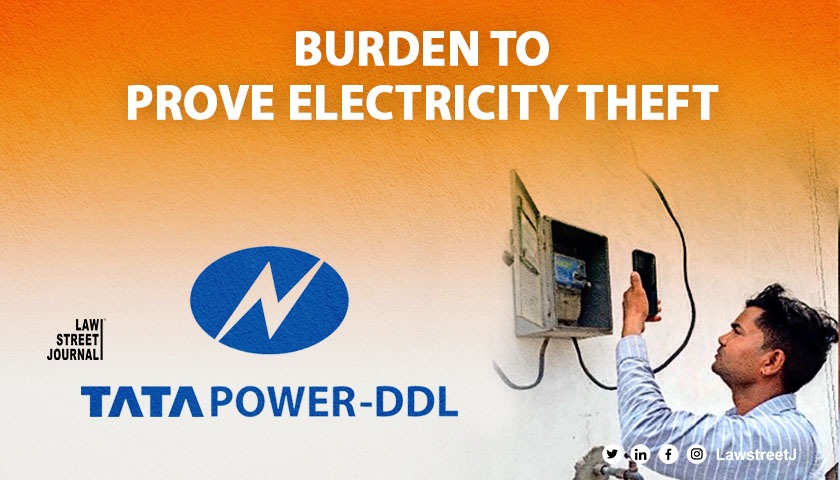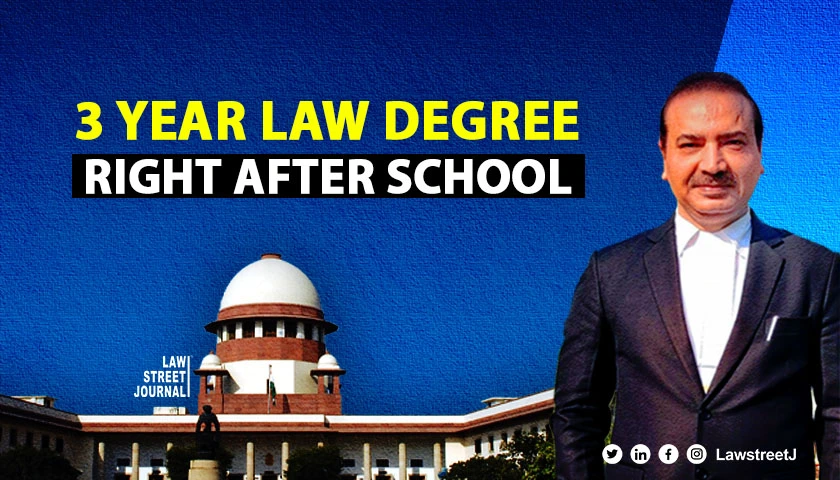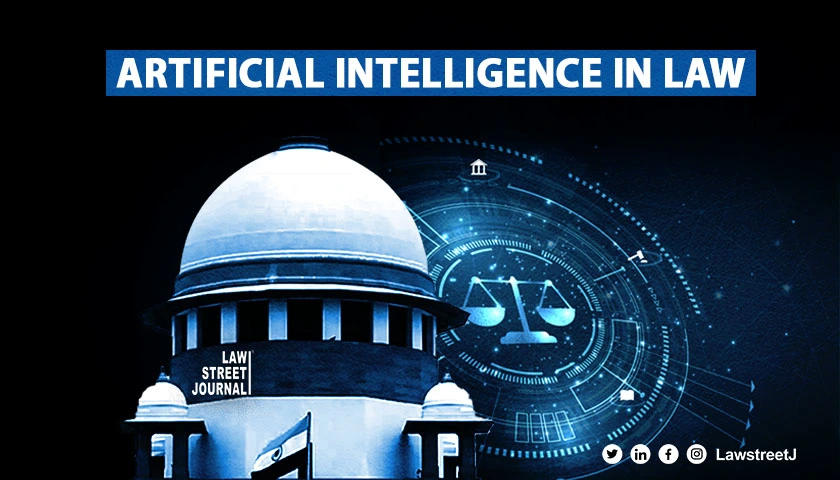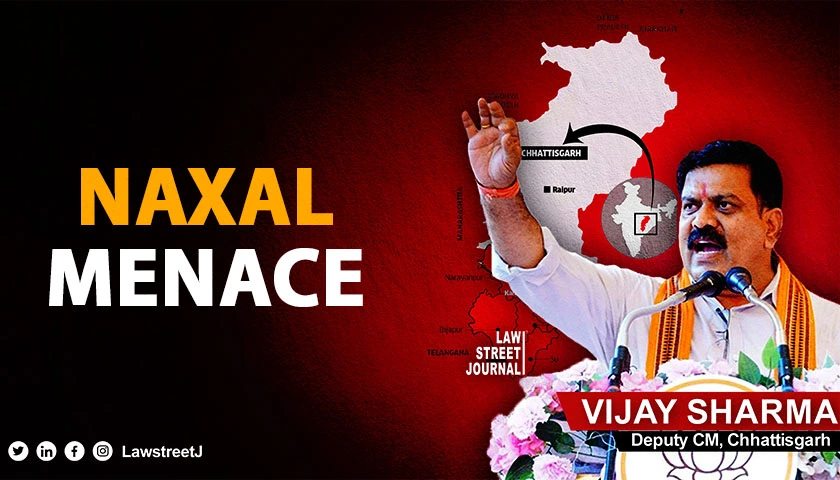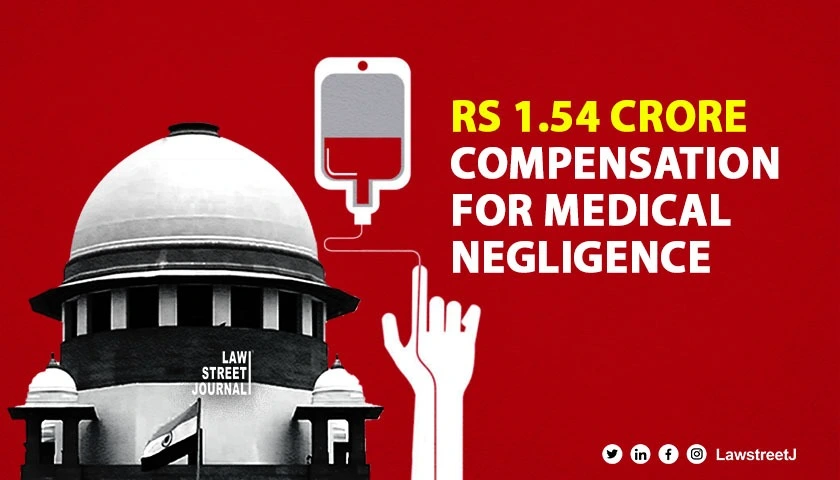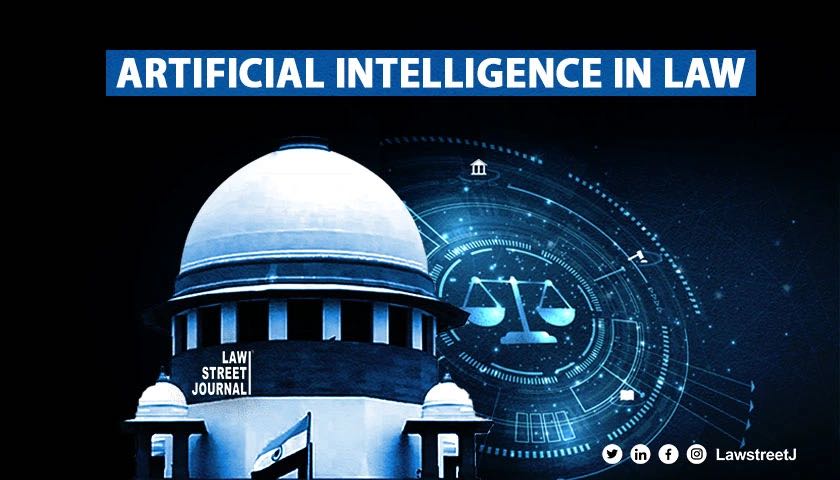A case was filed “under section 511 (Punishment for attempting to commit offenses punishable with imprisonment for life or other imprisonments) of 376 (Punishment for rape) and 511 of 306 (Abetment of suicide) of IPC”. The case was that the accused was the relative of the husband of the victim and he used to visit the complainant’s house occasionally and stay there. It was alleged that on 18/06/20 the accused went to the house of the complainant and stayed there till 4 pm. Then he left the house and came back at 8:30 pm and stayed in the house. The next morning when the husband of the defacto complainant left for work the accused came out of the room and tried to commit rape upon the defacto complainant. When she resisted the accused continued the attempt after which the victim poured kerosene on her body and set fire. The accused was arrested on 19/06/20.
A bail application was filed under section 439 of Cr.P.C by counsel for the accused on the ground that the accused is entitled statutory bail “under Section 167(2)(a)(ii) of Cr.P.C” in Kerala High Court. The counsel argued that as per Section 511 of IPC if no express provision is made by the Code for the punishment of an attempt to commit an offense, the sentence that can be imposed is one half of the longest term of imprisonment for which he can be convicted for the main offense. The counsel submitted that the petitioner was arrested on 19.6.2020. Now 60 days over. The maximum punishment that can be imposed against the petitioner under Sections 511 of 376 IPC is ten years, and under Section 511 of 306 IPC is only five years. Therefore, the petitioner is entitled statutory bail under Section 167(2)(a)(ii) of Cr.P.C
The bail application was seriously opposed by the learned Public prosecutor. He said that the crime he committed is a heinous crime. He submitted that the sentence that can be imposed under Section 376(2) IPC is rigorous imprisonment for a term which shall not be less than ten years but which may extend to imprisonment for life. PP submitted that in Section 376(2) IPC, it is clearly stated that imprisonment for life means imprisonment for the remainder of that person's natural life.
The court viewed the point whether the accused is entitled statutory bail under Section 167(2)(a)(ii) Cr.P.C by reading the section and stated that from Section 167(2)(a) of Cr.P.C, it is clear that the Magistrate cannot authorize the detention of the accused beyond a period of 60 days if the investigation relates to an offense in which the maximum imprisonment is ten years.
The counsel for the accused also stated that “Section 57 of IPC” says that in calculating fractions of terms of punishment, imprisonment for life shall be reckoned as equivalent to imprisonment for twenty years which was also opposed by the PP by stating that When such a specific clause is there under Section 376(2) IPC, then Section 57 of IPC is not applicable in the facts and circumstances of the case and he also relied upon the case of Deepak Gulati vs. the State of Haryana.
On this point, the court said that simply because meaning is given to the 'imprisonment for life' in Section 372(2) IPC, it can't be said that for computing the period of detention under Section 167(2) Cr.P.C, Section 57 of IPC is not applicable. It further refused to accept this contention of the prosecution because the Apex Court observed that while interpreting Section 167Cr.P.C a liberal approach is necessary.The court observed in Rakesh Kumar Paul vs. the State of Assam that in matters of personal liberty and “Article 21 of the Constitution”, it is not always advisable to be formalistic or technical.
Finally, the court accepted the bail application of the accused and said that the interpretation of the provisions of 167(2) Cr.PC should be liberal. It added thaton a reading of Section 167(2)(a)(ii) Cr.P.C along with 511 of 376 IPC coupled with Section 57 of the IPC, it is clear that an accused who is charged for the offense under Section 511 of 376 IPC can be imprisonment only for various guidelines issued by the State Government and Central Government with respect to the keeping of social distancing in the wake of COVID-19 pandemic.
The court also said that “It is true that in Section 376(2) IPC, it is mentioned that the imprisonment for life means imprisonment for the remainder of that person's natural life. It is a settled position that imprisonment for life means imprisonment for the remainder of that person's natural life. There is no dispute on that. But when there is a specific provision in the Indian Penal Code which says that in calculating fractions of terms of punishment, imprisonment for life shall be reckoned as equivalent to imprisonment for twenty years we cannot ignore that provision and interpret that imprisonment for life means imprisonment for the remainder of that person's natural life even while computing the detention period under Section 167(2) Cr.P.C. “
![If Final Report Is Not Filed Within 60 Days, the Accused u/s 511 r/w 376 IPC Entitled to Statutory Bail: Kerala HC [READ ORDER]](/secure/uploads/2020/09/lj_4098_kerla.jpg)
